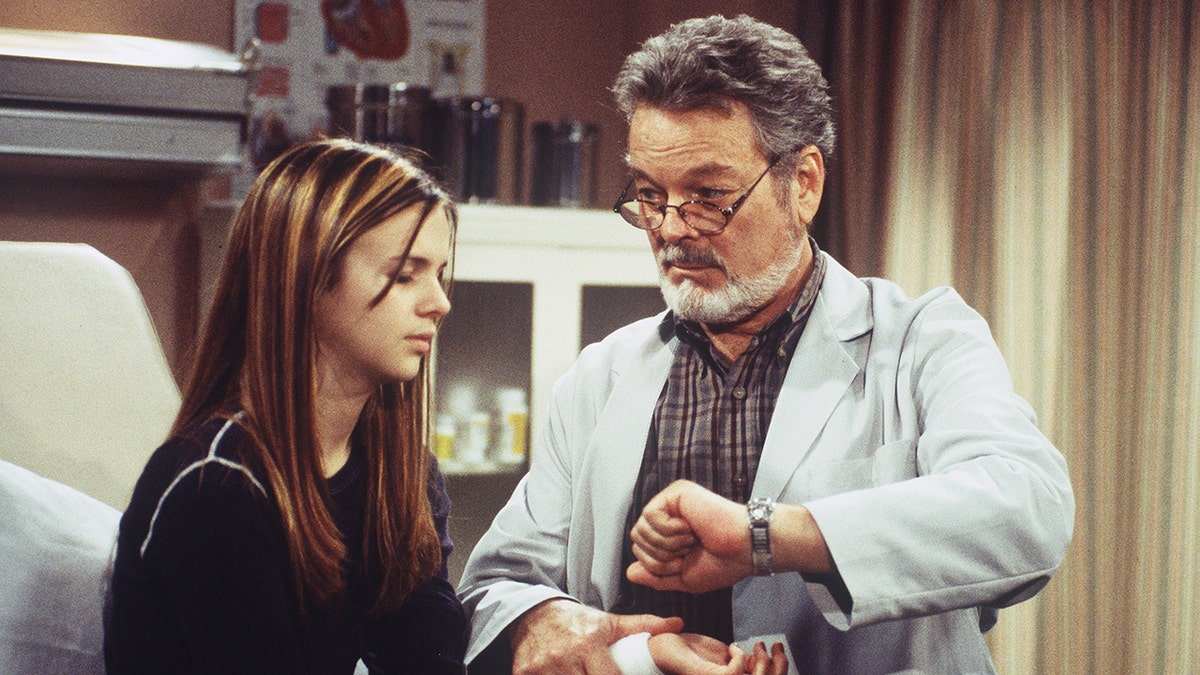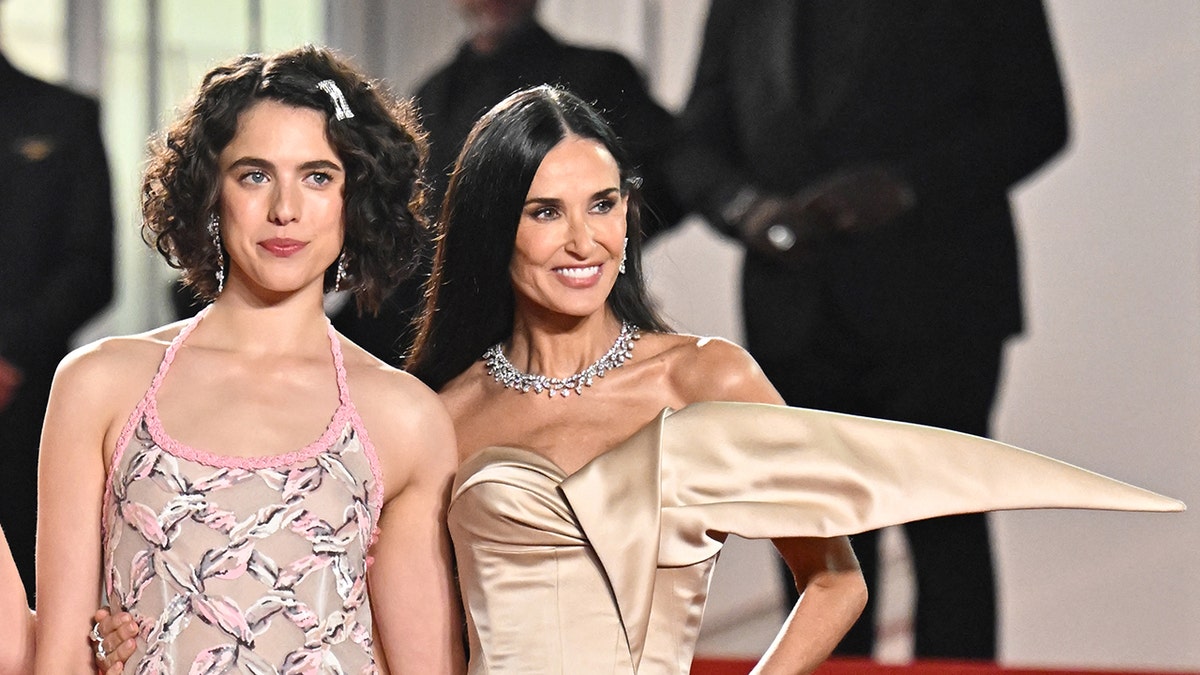Amber Tamblyn admitted she went under the knife when she was 12 years old.
After dealing with bullying at her school in the Southern California area, the “Sisterhood of the Traveling Pants” actress had her ears pinned back at a young age, Tamblyn detailed in a piece for The New York Times.
At the time, she considered herself a “fiery young feminist who raged against the patriarchy,” but also questioned her own hypocrisy in succumbing to criticism and changing her body for the sake of someone else’s ideals of beauty.
“As a little girl I had ears that stuck out like big butterfly wings,” she wrote. “Some kids at my school in Los Angeles would make fun of them, and I’d often stare at myself in the mirror wishing my ears would lay flat against my head.”
TORI SPELLING GOT PLASTIC SURGERY AT A STRIP MALL WHEN SHE WAS 19
“But it wasn’t until landing my first major role on a TV show at age 12 that I opted to undergo ear-pinning surgery, a decision I’ve never made public until now.”
Tamblyn began portraying Emily Quartermaine on “General Hospital” in 1995, a role she carried on for six years and 57 episodes.
LIKE WHAT YOU’RE READING? CLICK HERE FOR MORE ENTERTAINMENT NEWS
“But it wasn’t until landing my first major role on a TV show at age 12 that I opted to undergo ear-pinning surgery, a decision I’ve never made public until now.”
She had written a poem about desirable esthetics in the entertainment industry, which was later published in her first book and described the lengths women went through to stay young and desirable, but post-surgery left them with “noses like dead poodles.”


“Yet in changing my own body, I was also a hypocrite who gave in to it — because how could anyone not?” she wrote. “Going under the knife felt like choosing a weapon I could wield in self-defense against my own disposability. It showed the world I understood the assignment of assimilation — that I could do whatever it took to fit in, never stand out, the way my ears once did.”
Tamblyn, 41, related to Demi Moore’s latest film, “The Substance,” where Moore’s character, an aging actress, takes an experimental drug with the promise of being reborn into a new, younger body.
“Would I be less happy if I had fought against the desire to get my ears pinned back, if they still stuck out today? I don’t know — but I do think about it often, and about my willingness to align myself with the industry’s expectations,” she wrote. “My experience, and ‘The Substance,’ are not just Hollywood stories.
“These are universal realities for any woman, no matter her background or profession. The subtle messages of sexism are passed down to us as generational wisdom, almost from birth.”

Tamblyn hoped there’s still time for a different version of “The Substance” to exist one day, where Moore’s character doesn’t have to “chase youth, and instead learns to love her aging self, no matter how much the rest of the world may not.”
“That version of the story may feel too radical for the world just yet; a reminder of how much further we still need to go in centering self-acceptance and imperfection at any age in our storytelling,” she wrote.
“I don’t apologize for what I’ve done, or for what I haven’t. My relationship to my body has changed, healed even, as I’ve become more protective, compassionate and honest. The message in ‘The Substance,’ for women everywhere, is clear: that sometimes, if we’re not careful, our commitment becomes the consequence. And there can be an untapped, collective power in not giving up on not giving in.
Read the full article here











